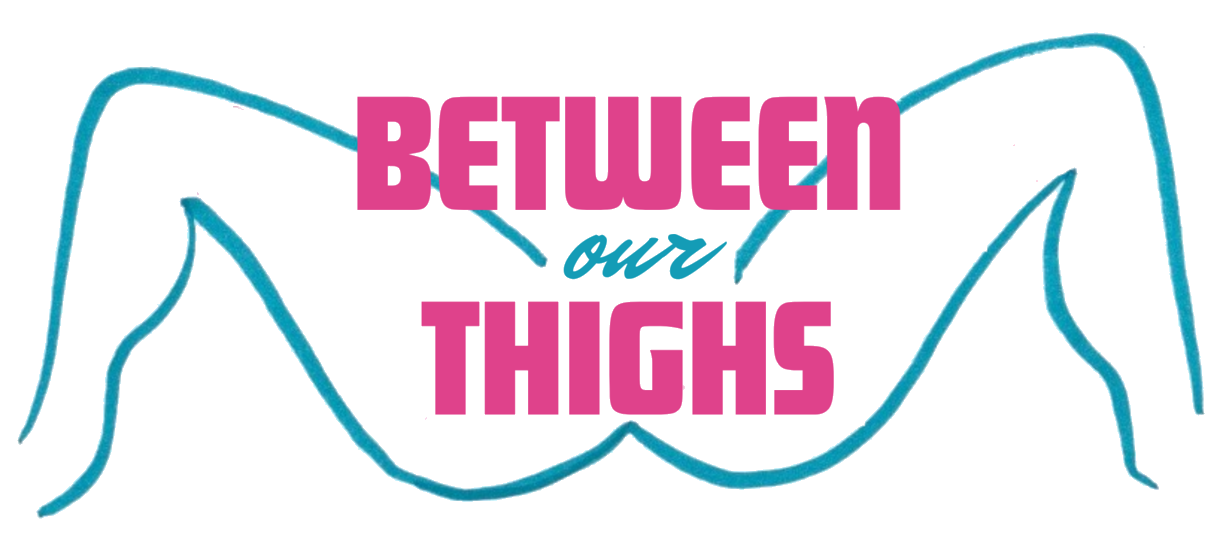Deconstructing the Shame of Kinks and Fetishes: Embracing Desire Without Judgment
Have you ever hesitated to share a sexual interest or felt a pang of embarrassment over something that turned you on? You’re not alone.
The shame of kinks and fetishes has been deeply ingrained in many of us, often without our conscious awareness. From whispered taboos to societal stigmas, we’ve been taught to keep our desires in the shadows. But here’s the thing: kinks and fetishes are as natural and diverse as human beings themselves. Deconstructing shame starts with understanding where it comes from and taking intentional steps to embrace our authentic selves.
We spoke with Dr. Frankie Bashan, a board-certified sex therapist, clinical psychologist, matchmaker, and founder of Little Gay Book, who shared valuable insights into how we can reclaim our desires, communicate openly, and thrive within a shame-free sexual identity.
Where Does the Shame of Kinks and Fetishes Come From?
The shame surrounding kinks and fetishes often originates from societal, cultural, and religious norms drilled into us from a young age. As Dr. Frankie explains, “Sources of shame stem from societal and cultural norms and religious belief systems that we’re subjected to from a very early age. It’s an undercurrent of exposure that over time builds limiting beliefs that we may not even be consciously aware of.”
For instance, a client of hers—a cisgender male—struggled with embarrassment around the idea of anal play, despite his curiosity. “He could name his feelings, but couldn’t identify where they came from,” she says. This disconnect is common; we internalize messages that certain desires are ‘wrong’ without questioning their origins.
The journey to overcoming shame begins with self-awareness. “The first step is identifying the emotion to begin with,” says Dr. Frankie. “Peel back the layers and unpack to answer the why by determining where in their childhood and more recent past they have experienced or messaging that they then internalized.”
Undoing these beliefs involves normalizing diverse sexual interests and embracing self-affirming perspectives. Therapy is instrumental in this process, helping individuals replace judgmental core beliefs with more balanced and accepting views of themselves.
Embracing Desires Amidst Societal and Cultural Stigmas
Overcoming societal expectations requires a shift in perspective and the right support system. Dr. Frankie emphasizes the importance of surrounding yourself with understanding, like-minded individuals. “Keep in mind you are not the only person in this world who has non-traditional sexual preferences,” she reassures. “Spending a little time seeking like-minded folks out will benefit you immensely.”
Educational resources also play a critical role in normalizing your interests. Whether it’s reading books, listening to podcasts, or attending workshops, immersing yourself in affirming spaces can help dismantle internalized shame.
Moreover, self-acceptance requires actively challenging societal stigmas. When you acknowledge that your desires are valid and natural, you create a safe internal environment for growth. This journey isn’t about justifying yourself to others; it’s about recognizing your worth and embracing the full spectrum of your identity.
The Role of Communication in Navigating Shame
Talking about kinks and fetishes with a partner can feel daunting, but open communication is essential for building intimacy and reducing shame. “By being vulnerable and trusting one another, you deepen intimacy in your relationship,” says Dr. Frankie. Sharing something as personal as a kink fosters connection because it demonstrates trust and encourages mutual understanding.
To start the conversation, frame it as an opportunity for growth rather than a confession. Use ‘I’ statements to express curiosity rather than defensiveness. For example, “I’ve been thinking about exploring this and wanted to share it with you” creates an open dialogue rather than placing pressure on your partner.
Partners who listen without judgment create a safe space for exploration. By openly discussing desires, you and your partner can co-create a fulfilling sexual dynamic that respects boundaries while embracing mutual pleasure.
Exercises for Embracing Your Authentic Sexuality
Self-reflection and affirmation are powerful tools for overcoming shame. Dr. Frankie recommends journaling as a way to engage with your desires without judgment. “Start free writing about your sexual interests,” she advises, “and keep an eye out for comments or statements from your inner critic.” This practice reveals limiting beliefs, giving you the opportunity to challenge them and reframe your mindset.
Another method is to consider how you would react if someone you loved shared a similar kink or fetish with you. “This exercise requires you to be kind and accepting of yourself,” she says. Immersing yourself in kink-affirming communities also helps combat feelings of isolation and fosters a sense of belonging.
Daily affirmations can reinforce a positive self-image. “Write three new affirmations daily in your journal,” Dr. Frankie suggests. Examples include: “I am worthy of love and acceptance exactly as I am” or “My sexual desires are natural and nothing to be ashamed of.” These practices empower you to embrace your authentic self.
The Psychological Benefits of Exploring Kinks and Fetishes
Exploring your kinks and fetishes in a shame-free way unlocks profound psychological benefits. “You can be your authentic self, free from judgment and criticism—that’s where we truly thrive,” Dr. Frankie explains. Self-love means setting boundaries and choosing environments that value and include you.
When you embrace your desires without fear or shame, you create space for growth. Authenticity deepens connections with others, both romantically and within communities. This freedom fosters mental and emotional well-being, leading to a more fulfilling life overall.
How Sex Therapy Can Help
For individuals grappling with shame or guilt, sex therapy offers a transformative space. “Sex therapy is affirming and nonjudgmental,” says Dr. Frankie. “It’s a safe environment where you can share freely about your sexual desires while challenging your negative beliefs and working towards self-love and acceptance.”
Therapists specializing in sexual health provide tools to navigate discomfort, build confidence, and explore your identity without fear. By working through limiting beliefs in a supportive setting, you can deconstruct the shame of kinks and fetishes and step into a more empowered, joyful version of yourself.
***
The shame of kinks and fetishes doesn’t have to dictate your relationship with your desires. By unpacking societal influences, seeking support, and practicing self-acceptance, you can embrace your authentic self without fear. As Dr. Frankie Bashan highlights, the journey involves understanding where shame originates, engaging in open communication, and immersing yourself in affirming spaces.
When we normalize diverse sexual preferences, we create a world where people can thrive in their identities. Whether through journaling, affirmations, or therapy, the tools to overcome shame are accessible to anyone ready to explore them. Embracing your desires is a radical act of self-love—and it’s one you absolutely deserve.





